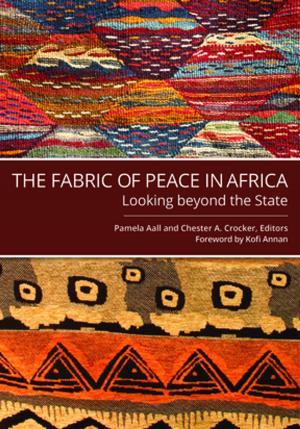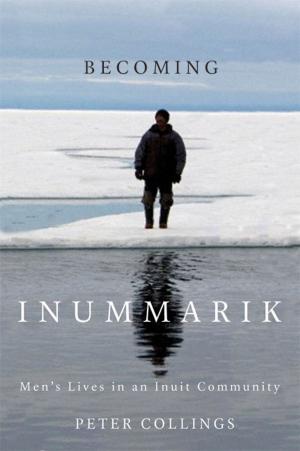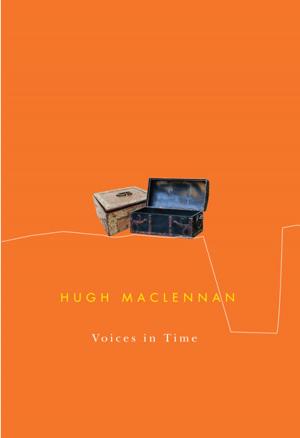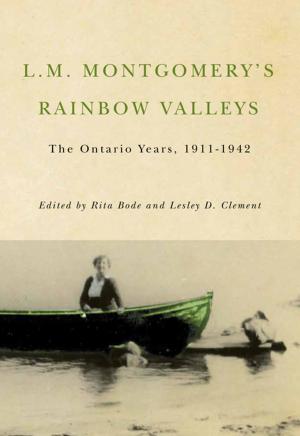Encounters
An Anthropological History of Southeastern Labrador
Nonfiction, Social & Cultural Studies, Social Science, Anthropology| Author: | John C. Kennedy | ISBN: | 9780773583443 |
| Publisher: | MQUP | Publication: | May 1, 2015 |
| Imprint: | MQUP | Language: | English |
| Author: | John C. Kennedy |
| ISBN: | 9780773583443 |
| Publisher: | MQUP |
| Publication: | May 1, 2015 |
| Imprint: | MQUP |
| Language: | English |
Part anthropological history, part informed critique, Encounters examines the relations between the people of southeastern Labrador and the many visitors who have come to fish, heal the sick, and extract the region's resources. John Kennedy presents the latest archaeological, genealogical, and ethno-historical research that changes scholarly understandings of southeastern Labrador. Departing from the conventional view that coastal Labrador has distinct Inuit and non-Inuit regions, he argues that the coast should be viewed as a continuum of "Inuitness." Encounters unravels the social implications of the region's complex mercantile fishery, describes how twentieth-century military and resource development have impacted Labrador's seasonal economy, and suggests that Newfoundland continues to use Labrador as a colony. Kennedy uses field research he conducted in 2013 to describe the origins, current economies, and future challenges of the region's tiny villages. Although he is a strong supporter of Aboriginal land claims, Kennedy explores the impact of identity politics in the region, showing how land claims based solely on geography can unintentionally create inequities. Drawing on decades of field and archival research, Kennedy demonstrates how Aboriginal politics are transforming society in southeastern Labrador, empowering local people to overcome the stigmas of history and finally acknowledge their Inuit ancestry.
Part anthropological history, part informed critique, Encounters examines the relations between the people of southeastern Labrador and the many visitors who have come to fish, heal the sick, and extract the region's resources. John Kennedy presents the latest archaeological, genealogical, and ethno-historical research that changes scholarly understandings of southeastern Labrador. Departing from the conventional view that coastal Labrador has distinct Inuit and non-Inuit regions, he argues that the coast should be viewed as a continuum of "Inuitness." Encounters unravels the social implications of the region's complex mercantile fishery, describes how twentieth-century military and resource development have impacted Labrador's seasonal economy, and suggests that Newfoundland continues to use Labrador as a colony. Kennedy uses field research he conducted in 2013 to describe the origins, current economies, and future challenges of the region's tiny villages. Although he is a strong supporter of Aboriginal land claims, Kennedy explores the impact of identity politics in the region, showing how land claims based solely on geography can unintentionally create inequities. Drawing on decades of field and archival research, Kennedy demonstrates how Aboriginal politics are transforming society in southeastern Labrador, empowering local people to overcome the stigmas of history and finally acknowledge their Inuit ancestry.















